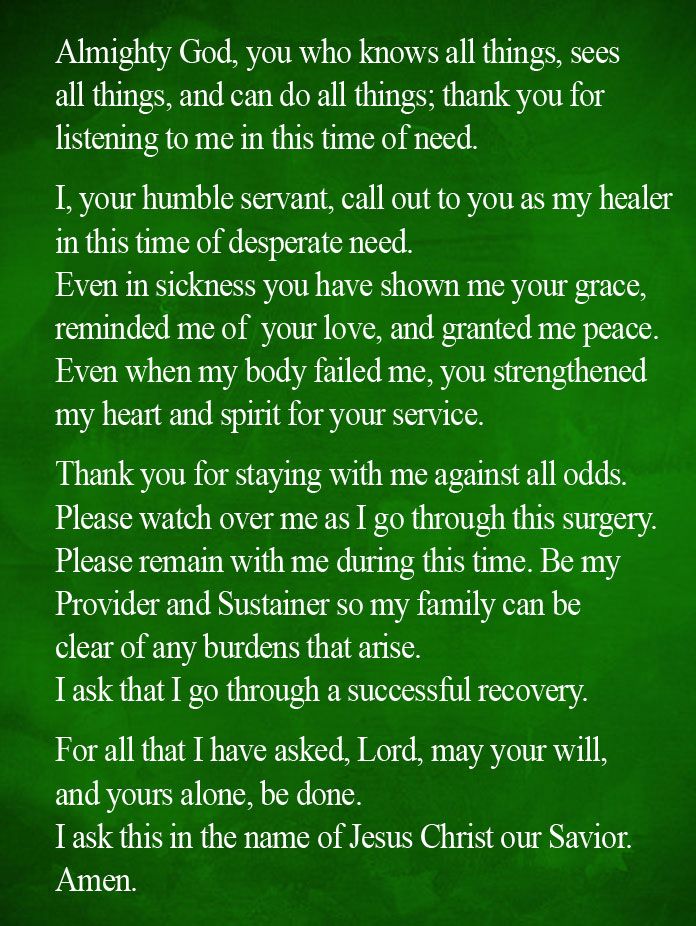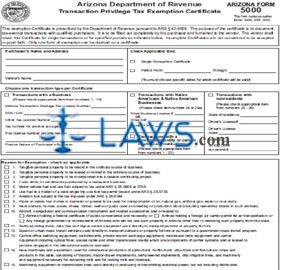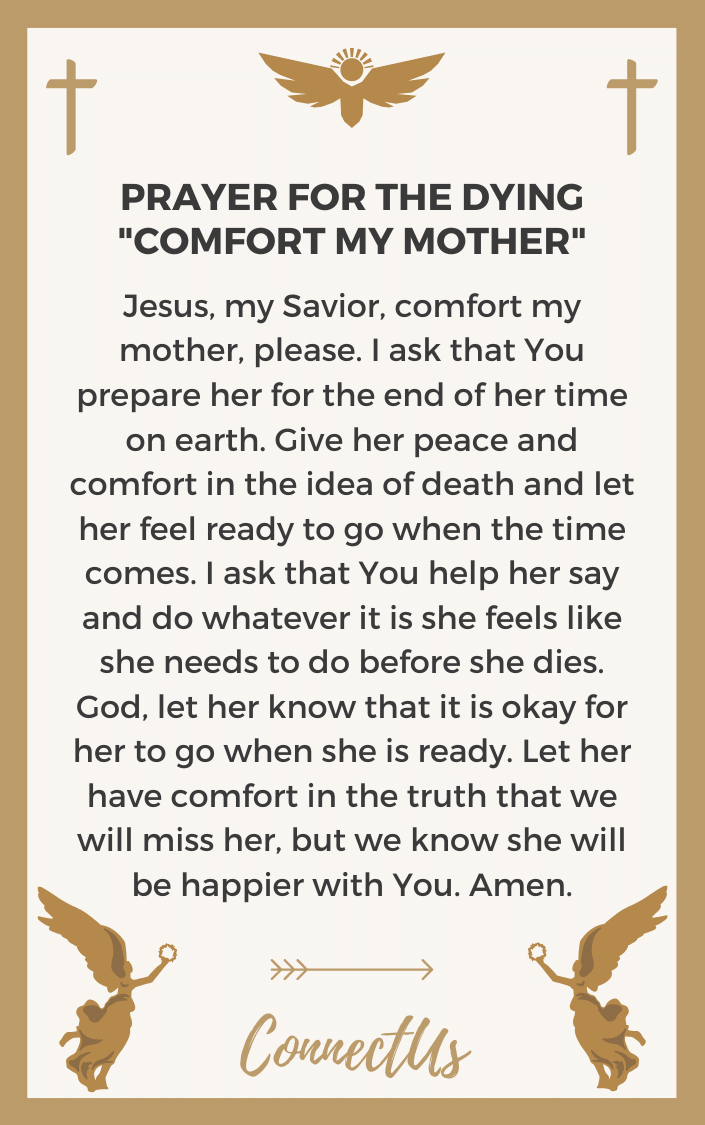Recently, there have been a number of news stories circulating about people who have experienced negative side effects from medical procedures. Stories of surgery gone wrong, dangerous treatments, and untested or unproven medical devices are all too common. And while we can’t always control the outcome of medical procedures, we can take steps to ensure that our prayers are answered.
Background
Prayer is an important tool for coping with stress and anxiety during medical procedures. People who have undergone medical procedures often report feeling more in control and less anxious when they have asked for and received prayers from their friends and family.
There are many different types of medical procedures, so each person’s experience may be different. However, some tips to help prepare for a procedure include:
-Talking about the procedure with your doctor or nurse in advance. This will help you understand what to expect and reduce anxiety before the procedure begins.
-Preparing a “prayer list” of things you want to pray for during the procedure. This can be anything from strength and peace to healing and protection.
-Staying positive and focusing on God’s blessings rather than your fears. Scriptures such as Philippians 4:6-7 can be helpful in this regard.
When prayer is combined with preparation, feelings of anxiety can be reduced or eliminated altogether. So whether you are preparing for a regular health checkup or a major surgery, remember to ask for God’s help along the way!
Purpose of Prayer
Prayer is often seen as a way to ask for divine intervention in one’s life. However, prayer can also be used as a form of self-care and support before, during, and after medical procedures.
There are many benefits to praying before medical procedures. According to the Mayo Clinic, people who pray may feel less anxious, stressed, and scared. They may also have a better experience if they believe in angels or God. Prayer can also help you focus on what you need to do during the procedure and connect with others who are going through the same experience.
If you’re having a medical procedure that you’re not comfortable with, it’s important to speak up. You don’t have to suffer in silence if you don’t feel comfortable with something that’s happening to you. There are often ways to make things more comfortable for both you and the person performing the procedure, even if those changes aren’t always possible or convenient. In the end, it’s important to feel listened to and supported during a difficult experience. Praying can help make that happen.
Types of Prayers
When making a prayer for medical procedure, it is important to know the different types of prayers. There are three general types of prayers: petitionary prayers, intercessory prayers, and benedictionary prayers.
Petitionary prayers are requests for God’s help. An example of a petitionary prayer is the prayer “Dear God, please heal my mother.”
Intercessory prayers are prayers that request help from other people or spiritual beings. An example of an intercessory prayer is the prayer “Please guide my doctor as she performs this surgery.”
Benedictionary prayers are blessings or wishes for someone or something. An example of a benedictionary prayer is the prayer “May your child be safe during this surgery.”
How to Pray for Medical Procedures
Prayer is a powerful way to connect with God during medical procedures. There are many ways to pray for healing, and you can use any words or phrases that are meaningful to you.
When praying for someone else, remember to focus on their needs, not your own. Ask God to help the person in need and comfort them during the procedure.
If you are praying for yourself, remember to focus on your faith in God and thank Him for His blessings. Pray for courage, strength, and peace throughout the process.
Remember that prayer is never wasted, and it can help heal both body and soul.
What is prayer for medical procedures?
Prayer can be beneficial for medical procedures. Prayer can be used to focus on the task at hand and to connect with a higher power. Prayer can also provide comfort and support to the patient and their family.
Types of medical procedures that can benefit from prayer
When it comes to medical procedures, there are a variety of things that can be done that can benefit from prayer. Some common examples include surgery, childbirth, and cancer treatment.
There are many different types of prayer that can be used when dealing with medical procedures, and it is important to find the right type for the individual situation. Some common prayers that are used during medical procedures include prayers for healing, protection, and deliverance.
Prayer can be an incredibly powerful tool when it comes to dealing with medical procedures. It can help to speed up the healing process, provide protection from harm, and help to ease the anxiety of those involved. Prayer can also be a powerful support system for those who are going through a difficult experience.
Why pray before a medical procedure?
There are a few reasons why people might choose to pray before a medical procedure. Prayer may help ease the patient’s anxiety or fear, and it may also provide motivation and strength during the procedure. It can create a sense of community among patients and providers, and it may even improve the quality of care that is provided.
How to pray for a medical procedure
There is no one-size-fits-all answer to prayer for medical procedures, as the specific needs of a person’s situation will vary. However, some general guidelines for prayer for medical procedures can be helpful.
- Ask God to help you have a positive experience during the medical procedure.
- Pray for healing and restoration of physical and emotional health.
- Ask God to protect you and guide you during the procedure.
- Thank God for His provisions during the procedure, both physically and spiritually.
Prayer is an incredibly personal thing, and what works for one person might not work for another. That being said, there are some general guidelines that can be followed when praying for a medical procedure. When seeking guidance on whether or not to pray for a specific medical situation, consider the following: -Is prayer something you are comfortable doing? If so, go ahead and give it a try. If you feel like you would struggle to keep your thoughts focused on the Lord during the prayer process, then that might not be the best way to approach it. -What do you believe will happen as a result of praying? Sometimes people worry about things they cannot control (like if their prayers have negative consequences), but focusing on what we can change helps us stay in charge of our lives. -How does spirituality fit into your life? Some people find that religion helps them connect with God during times of need; others find comfort in simply talking to someone with whom they share similar beliefs. The most important thing is that whatever path you take towards prayer – be it formal or informal – make sure that it fits perfectly into your individual life story and doesn’t become ritualistic or burdensome.






